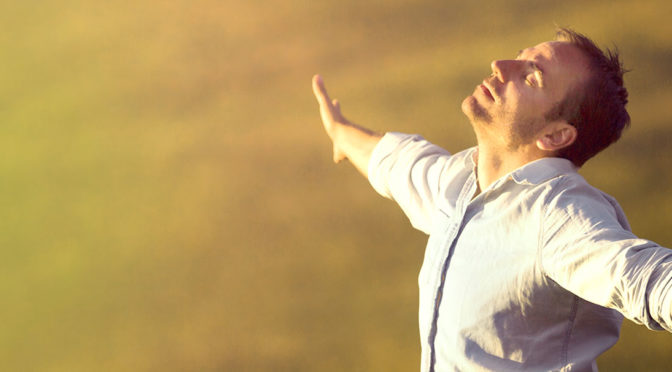Six ways to reduce anxiety
Posted by Collaborative Counseling

According to the ADAA, anxiety disorders affect 40 million American adults every year. In addition, we are living in a very anxious time with all that is happening with COVID-19. While it is common to experience anxiety on a daily basis, there are also small steps to take to reduce the anxiety in our lives.
Here are six simple ways to fight the stress in your life.
1. Meditation and breathing
There are many ways to engage in mindful breathing and meditation, but one way in particular is yoga practice. Yoga helps you connect your mind and body. According to one study, researchers found that yoga practice shows a decrease in anxious and depressive symptoms in a variety of populations.
2. Grounding
This is a technique that connects you to the present moment. Use the 3-3-3 rule in time of anxiousness. Name 3 things you see, 3 things you hear and move 3 body parts. Doing this will bring you back to the present moment and help you focus on what is happening around you.
3. Put stress in perspective
Take a step back and view your stress as part of a bigger picture. Try to maintain a positive attitude, and keep doing your best with the situation in front of you. Laugh often!
4. Food and drink
Limit alcohol consumption and stick to healthy, well-balanced meals. Avoid skipping meals, plan ahead and always have a healthy snack option on hand.
5. Reframe
Rethink your thoughts and fears. Often times when we are anxious, we think of worst-case scenarios. Each time a worry comes into your mind, reframe the thought and speak what you know is true about the situation.
6. Practice saying no
Saying no to requests that others ask of you isn’t always selfish. By saying no to some things, you allow yourself to give more time and energy to the tasks that are already on your plate.
For some people, it can be very difficult to turn other’s requests down. To find more information about when and how to say no, check out this resource: https://www.mayoclinic.org/healthy-lifestyle/stress-management/in-depth/stress-relief/art-20044494
These techniques can be a small step in reducing the anxiety in your life. If you or someone you know is looking to set up an appointment with a counselor, our therapists at Collaborative Counseling are open to scheduling new clients through the Telehealth platform, so don’t hesitate to reach out today.
Read More
 View Our Locations
View Our Locations Request Appointment
Request Appointment

